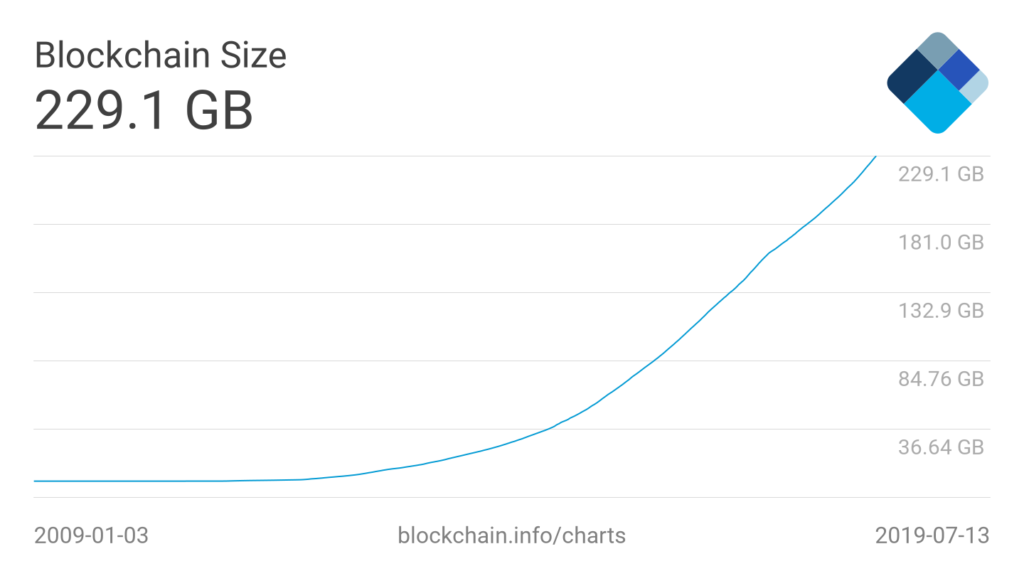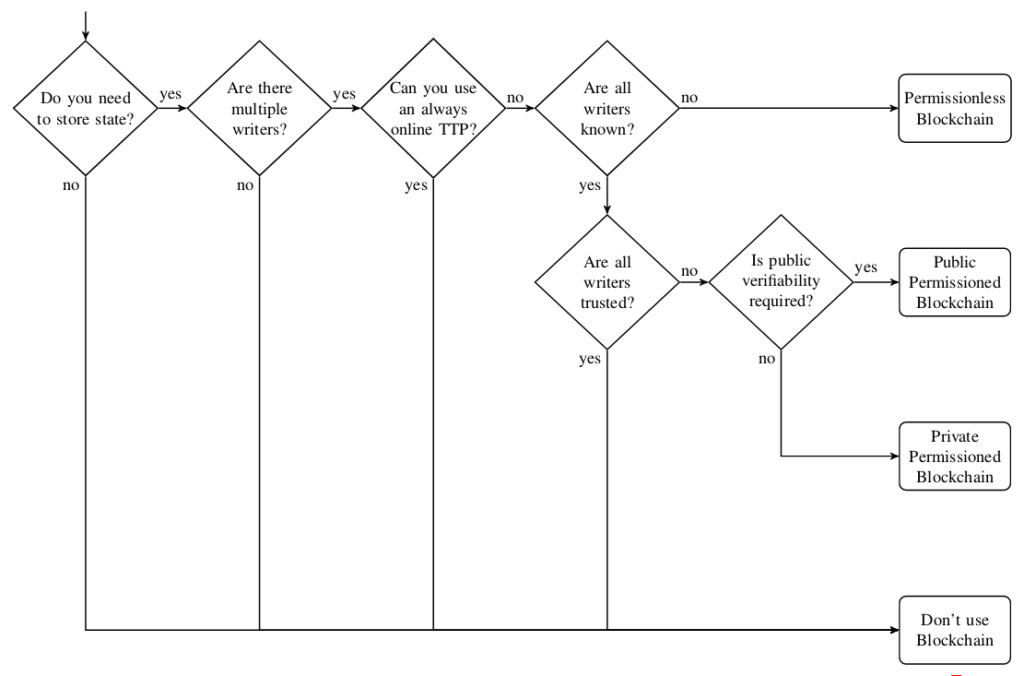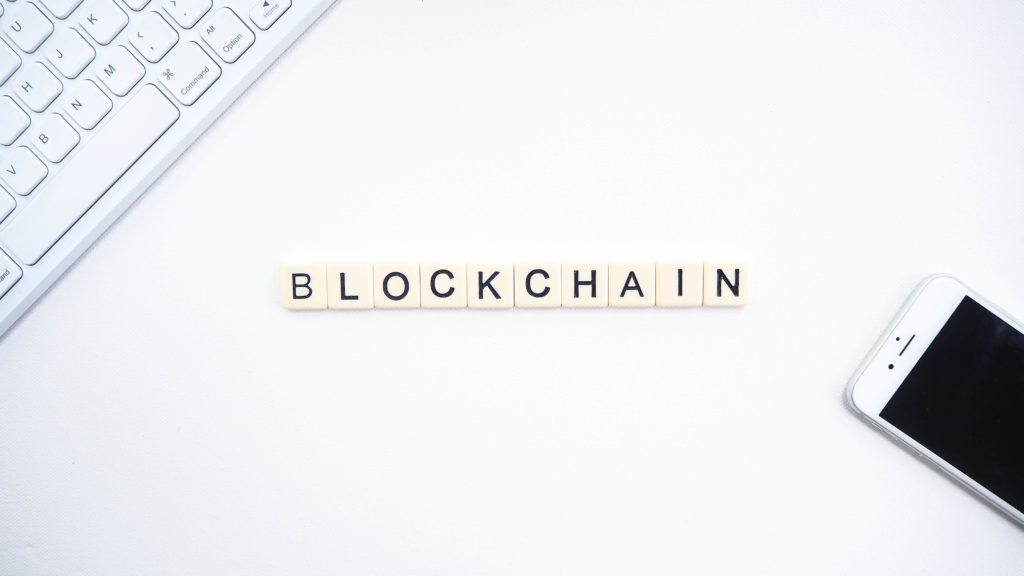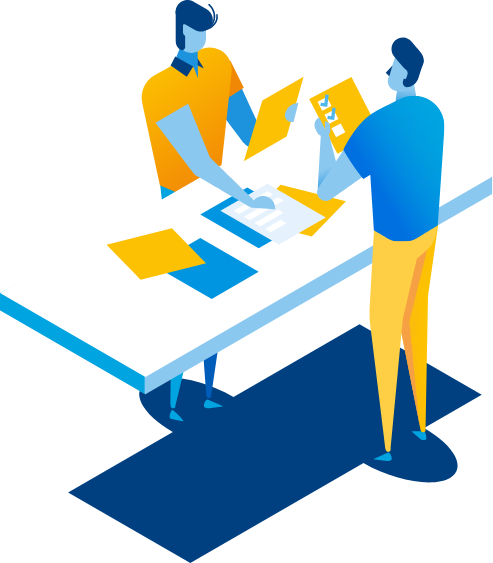Do you need a blockchain? A few drops of doubt in the enthusiast pool
Data structured in block chains have been presented as a cure-all for many years. There are various daredevils who, in sophisticated ways, sketch out the perspective of a blockchain revolutionising some aspect of life, regardless whether this aspect of life needs it or not. Facing this biased message, it is worth taking an opposite approach, and apply a certain type of reverse engineering. It can be done, not by asking „how to apply a blockchain in this particular area?”, but rather by asking „why would anyone use a blockchain here in the first place?”.
Huge like the Bitcoin
The greatest example of a blockchain is the one that stores the Bitcoin cryptocurrency transaction history. A cryptocurrency in name only, as out of its three constitutive features (divisibility, insusceptibility to speculation and independence from regulators and banking institutions) only two remain, or – according to sceptics – just one. Surely, the function of Bitcoin as a means of payment has not lasted. Due to rate fluctuation, using Bitcoin as a means of payment is unprofitable, and it is even made more difficult, therefore, the popularity of Bitcoin Cash.

Still, let’s get back to the blockchain. Currently, the Bitcoin chain size is 229,1 GB. As shown by the above chart, between 2012 and 2016, it grew almost exponentially, but for three following years it has grown linearly. This poses an enormous challenge, rarely mentioned by the promoters of blockchains in as many aspects of life as possible. In order to maintain the record based on blocks, one needs… a place to maintain it, an infrastructure. The infrastructure however, generates cost, that not everyone can afford. Regarding the most vulnerable data, one cannot use external services, and it must often be stored locally.
Currently, in terms of the BTC blockchain, peer-to-peer solutions and the Torrent network are gaining popularity. Therefore, we’re not talking about data possession anymore, but rather about chunk sharing on demand. Let us put these (as much as interesting) innovations against the technical capabilities of small and medium enterprises. Will clinics be able to afford such solutions, so that their patient record would be based on a blockchain? Will food wholesalers, or local waste management companies be able to maintain a record of their trade partners or services in the form of a blockchain?
Do you need a blockchain?
The size of the chain alone is just a figurative example of the challenges from the „those, that most people don’t think about” category. However, it encourages one to ask the essential question – do I really need a blockchain? The question was posed by Karl Wüst from the Swiss Federal Institute of Technology in Zurich, and by Arthur Gervais from Imperial College London. In their phenomenal work titled „Do you need a Blockchain?”, published in 2017, they compare the blockchain parameters to the features of traditional databases. They even managed to create a very practical diagram of a decision algorithm, helpful in answering the question in the title:

The diagram clearly shows, that the unique features of blockchains (as they exist without a doubt) prove useful in relatively few scenarios. The scenarios must meet 4 to 6 conditions (such as the writers being trusted, the number of writers, the need to use third party companies), so that the use of one of the variants of a blockchain may make any sense, and yield measurable benefits. In all the remaining cases, the use of ordinary databases will prove more effective. It turns out, that in the case of the majority of questions, whether one needs a blockchain, the answer is: „no”.
Of course, there are exceptions. What is interesting regarding the anti-system context of the cryptocurrencies and the blockchain, banks are looking at block chains with increased interest. It is a matter of a very narrow area of highly specialised applications in regard to inter-bank transactions. Intense, and quite successful works in this area are conducted i.a. by JP Morgan, the analysts of which, after a series of failed projects, are simultaneously expressing doubt regarding the possibility of directing successful financial products to the consumer market, that use a blockchain in any way.




